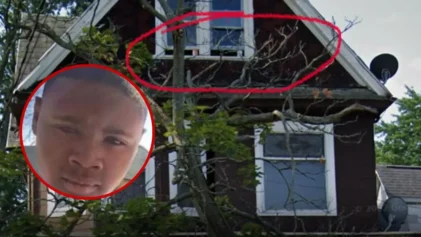The family of one of Houston’s fallen heroes is having a tough time navigating the city’s complicated workers compensation system.
Firefighter Margaret Roberts lost her battle with cancer in January 2017, and her family has spent the last year fighting for benefits they claim she earned, local station KTRK reported. The city has been reluctant to pay the woman’s grieving family any benefits, however.
“I had to sit there and watch her die daily,” Roberts’ husband, Daniel Roberts, said.
Margaret Roberts served with the Houston Fire Department for more than 21 years until multiple myeloma ravaged her body, leaving her weak. Three months after her death, Houston fire chief Sam Pena penned a letter to the state’s pension system saying Roberts’ death “was a result of an illness sustained in the line of duty.”
Pena wrote a similar letter to the 100 Club, saying the firefighter’s passing was “declared a Line of Duty death.”
According to the station, both letters would afford Roberts’ surviving husband and kids with benefits paid by groups other than the city of Houston. When it came to paying workers comp survivors benefits out of city funds, however, the family found itself before a judge after the city decided to re-dispute their claim.
Mike Sprain, a lawyer representing the Robert’s family, said the city is looking to argue that Roberts’ multiple myeloma wasn’t tied to her firefighting, but rather to her race, weight and family history. The city tried arguing the same issue when Roberts was alive, but lost.
According to KTRK, several scientific studies have linked firefighting to an increased risk of developing multiple myeloma. In 2013, Roberts’ own doctor wrote that “In my professional opinion, Margaret Roberts’ multiple myeloma is work-related.” Four states have also linked firefighting to cancer — Texas isn’t one of them, however.
Like several other states lacking presumptive laws for first responders who develop cancer, Texas doesn’t recognize this growing body of evidence and instead relies on a U.N.-linked recommendation that fails to explicitly tie specific cancers to firefighting. A 2015 report by The Atlantic detailed the case of a San Francisco fireman who developed a rare cancer and was forced to go before a worker’s comp judge to prove he’d contracted the illness from his line of work. It was only then that he was awarded disability status.
Roberts’ family, along with the families of other first responders, are still fighting for benefits, however. Their case, which is one of the first to go through the Texas workers comp system arguing a link between cancer and fighting fires, could take years in court.
“I guess they don’t want to pay the benefits that me and my kids have coming,” Daniel Roberts told the station.


